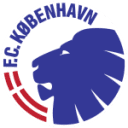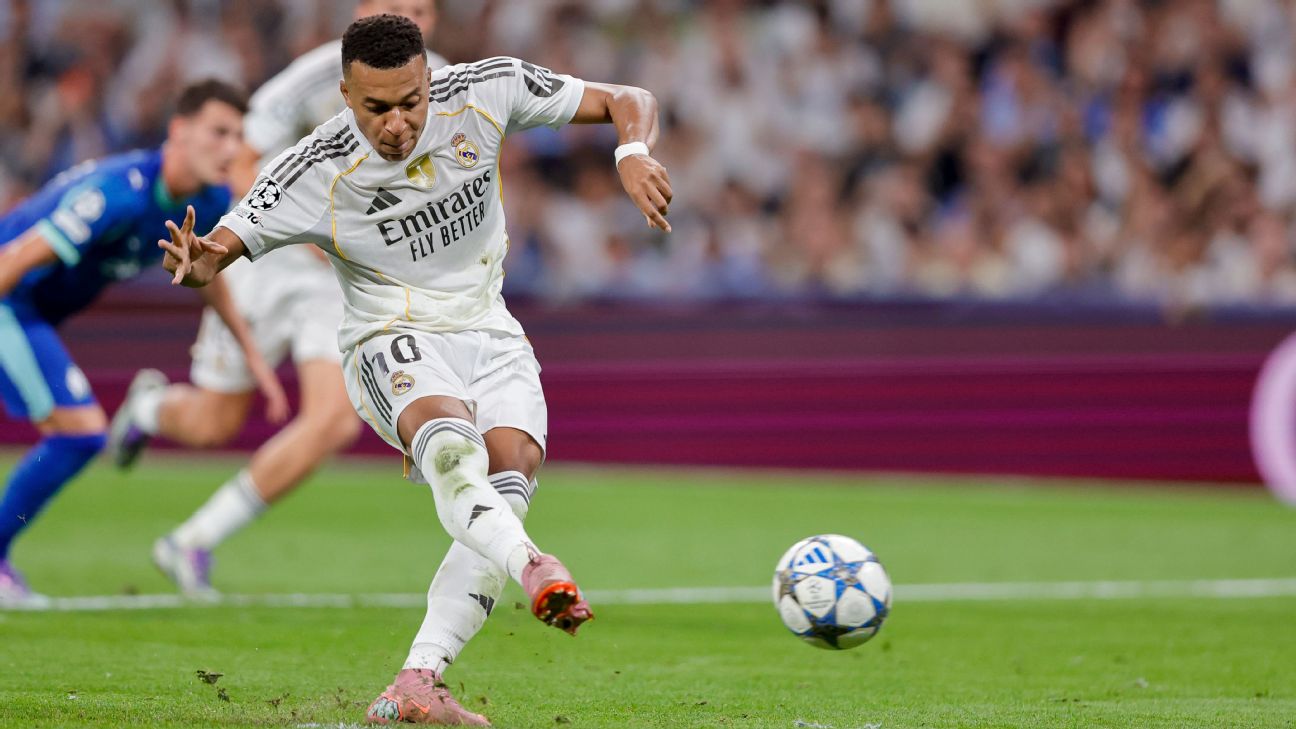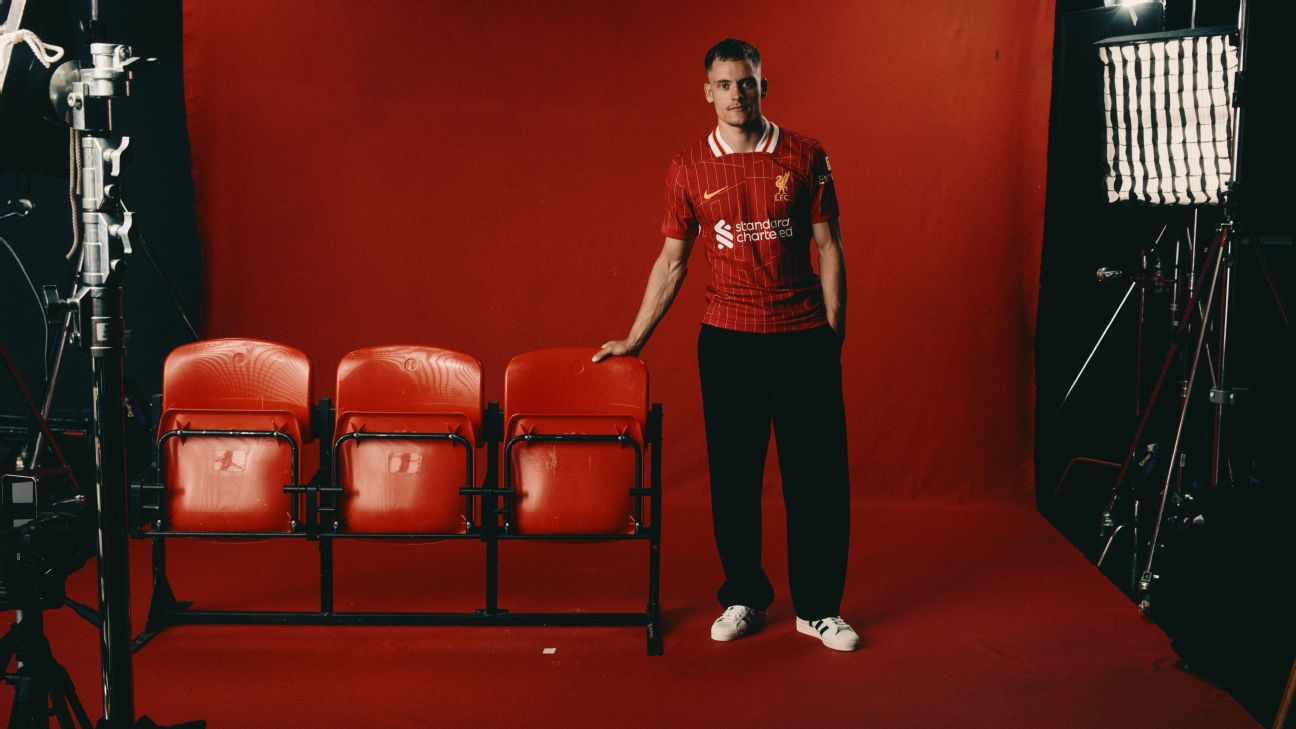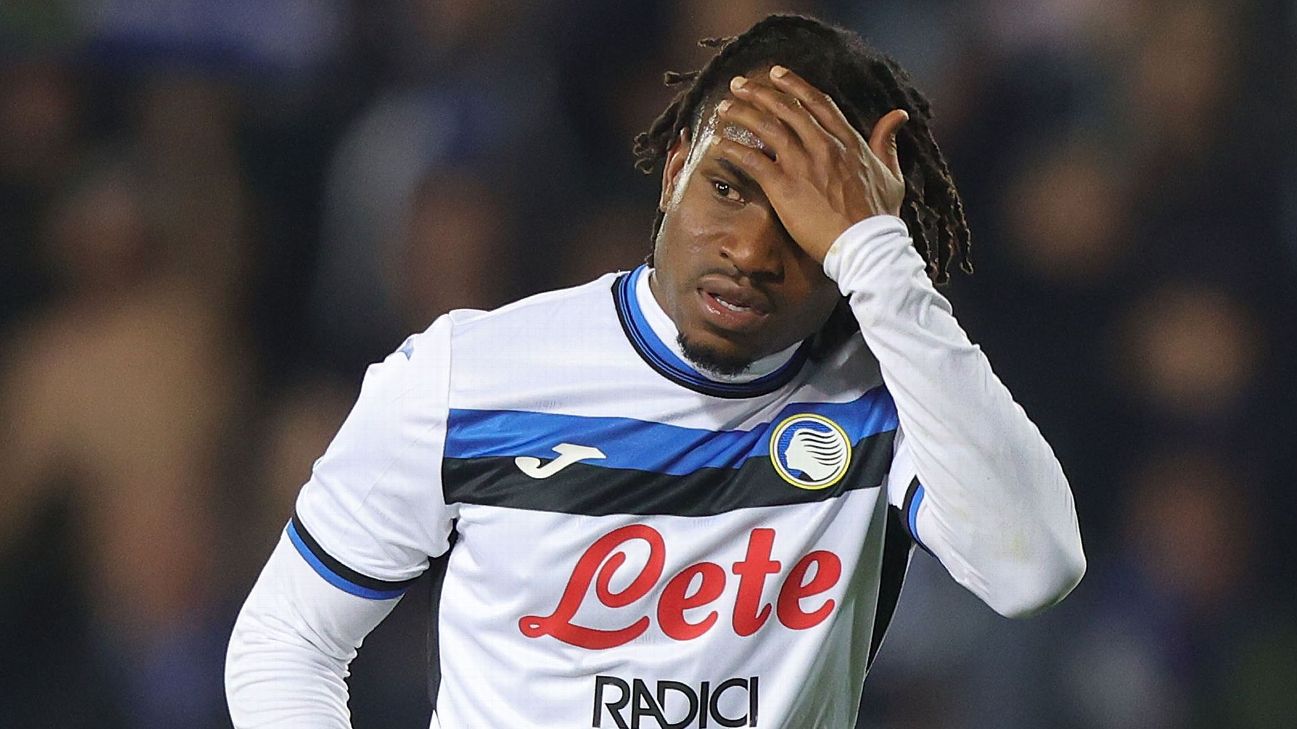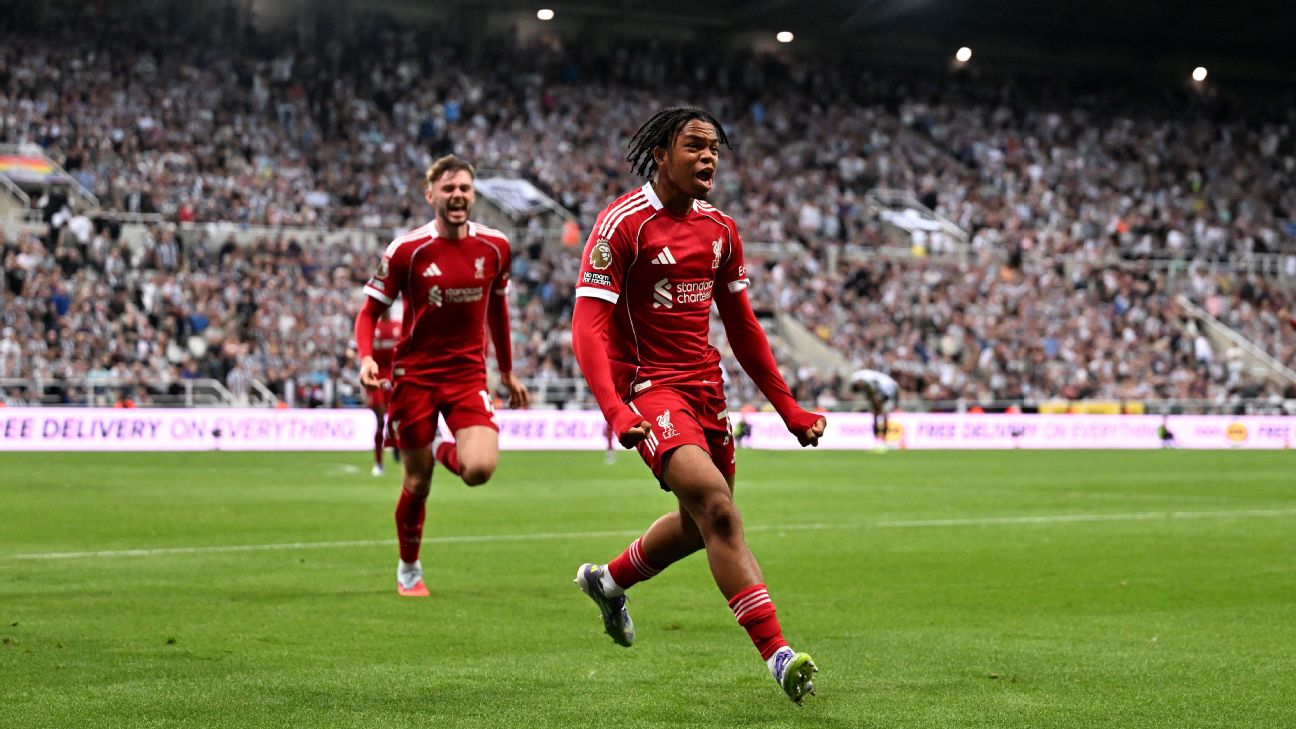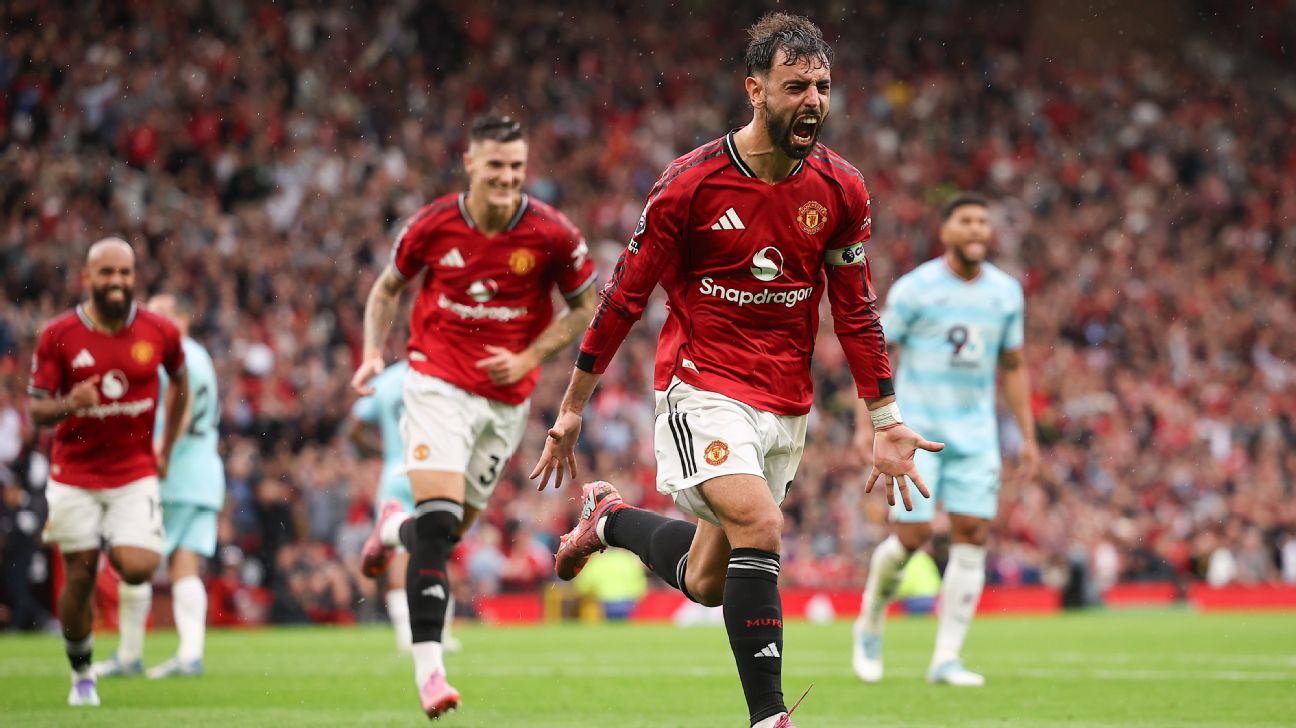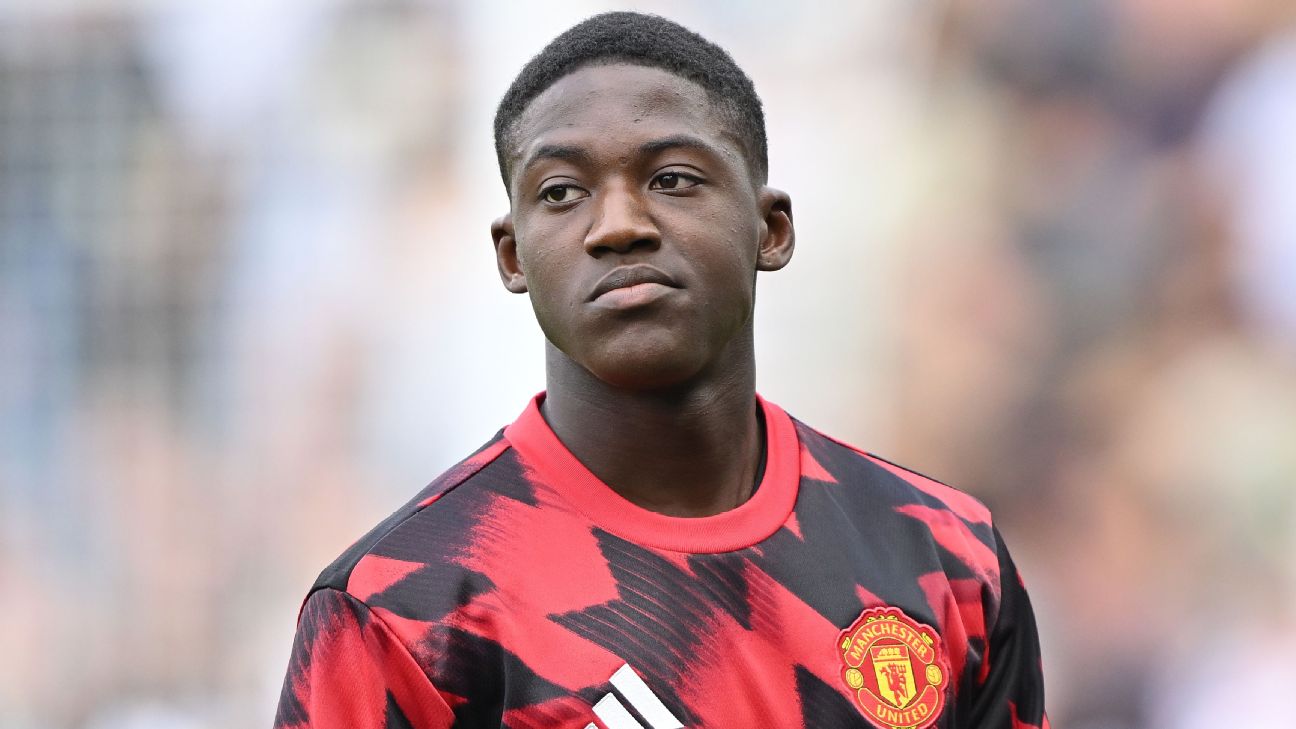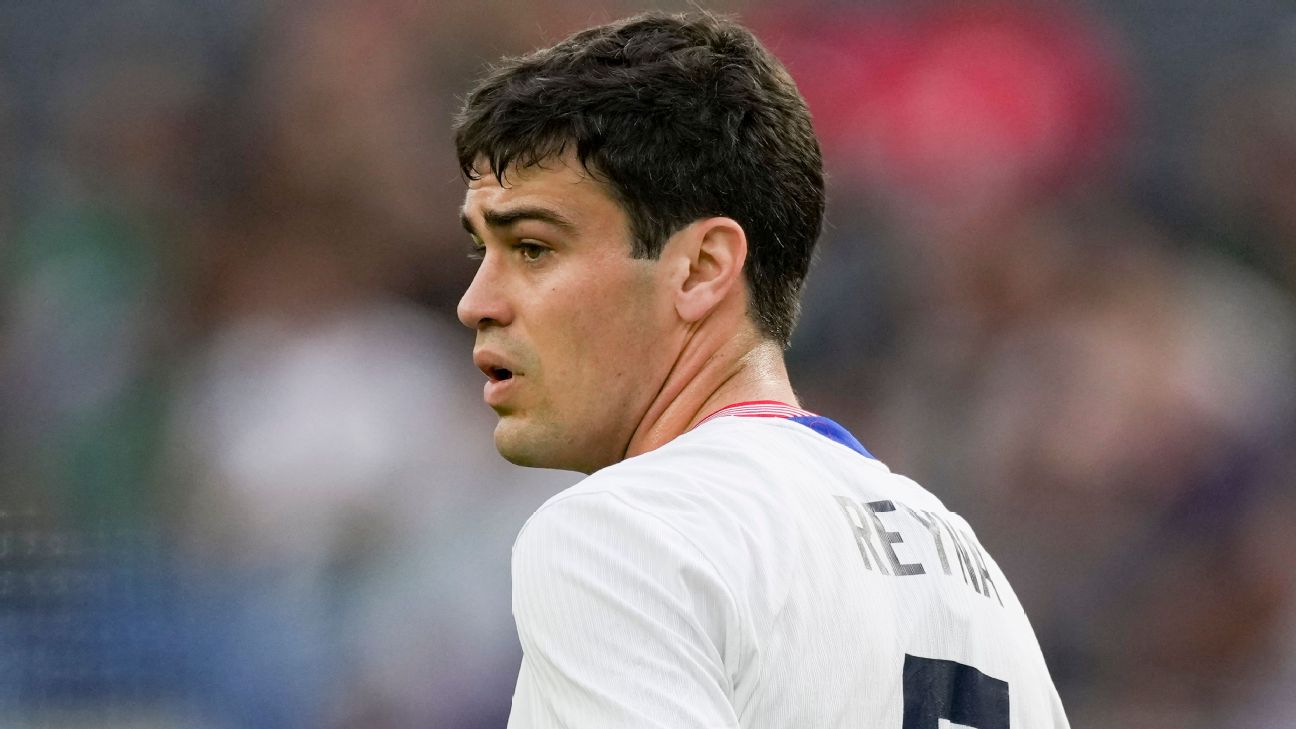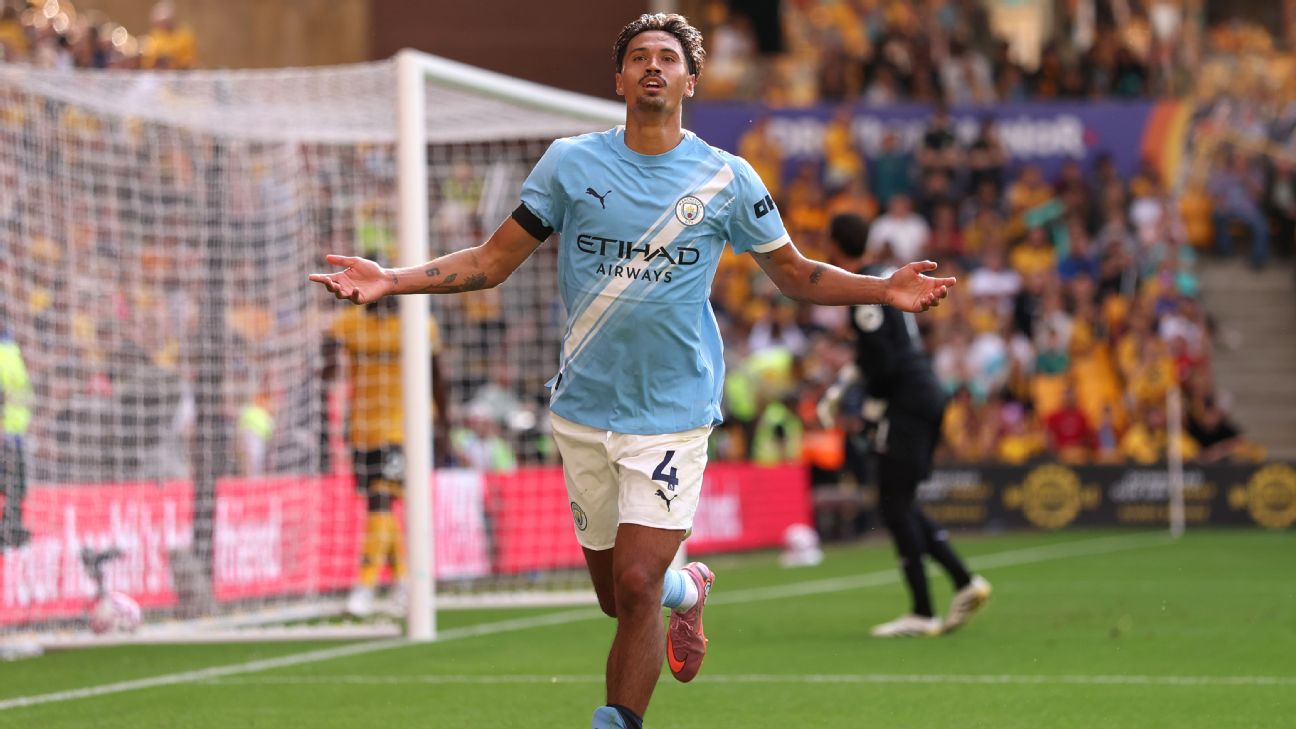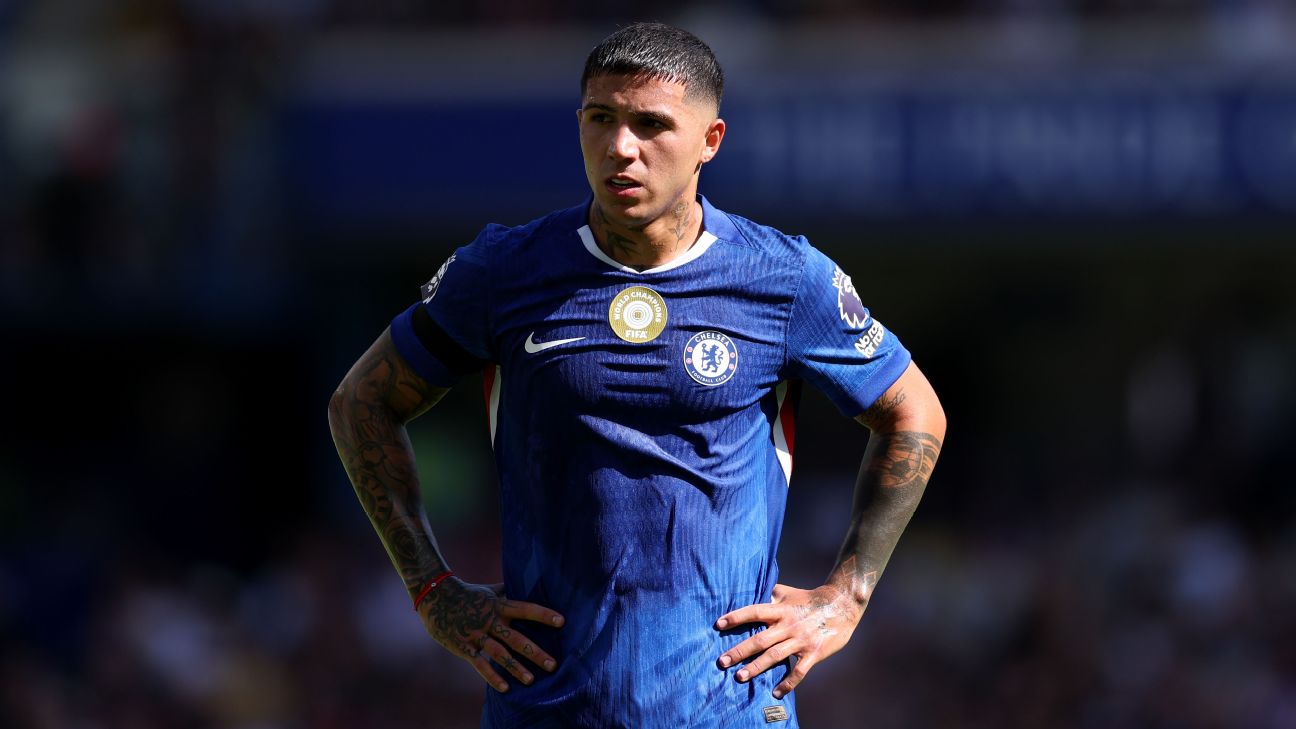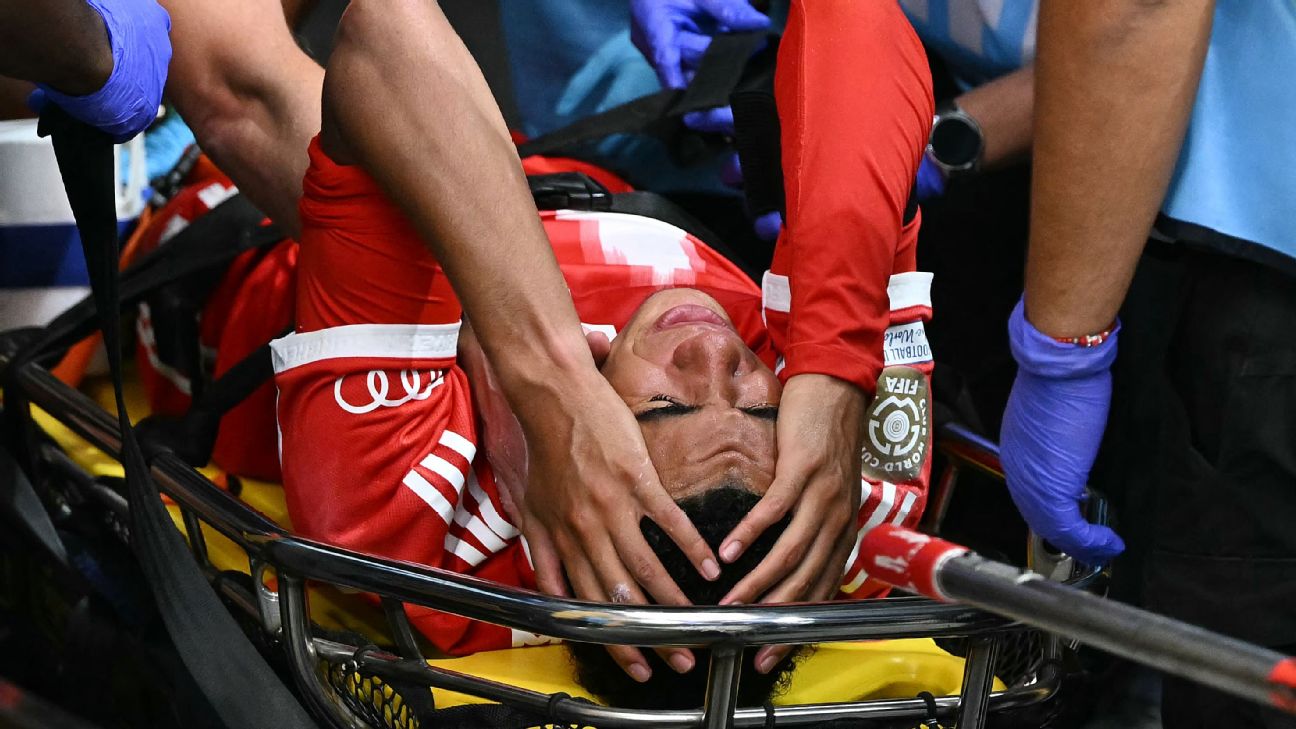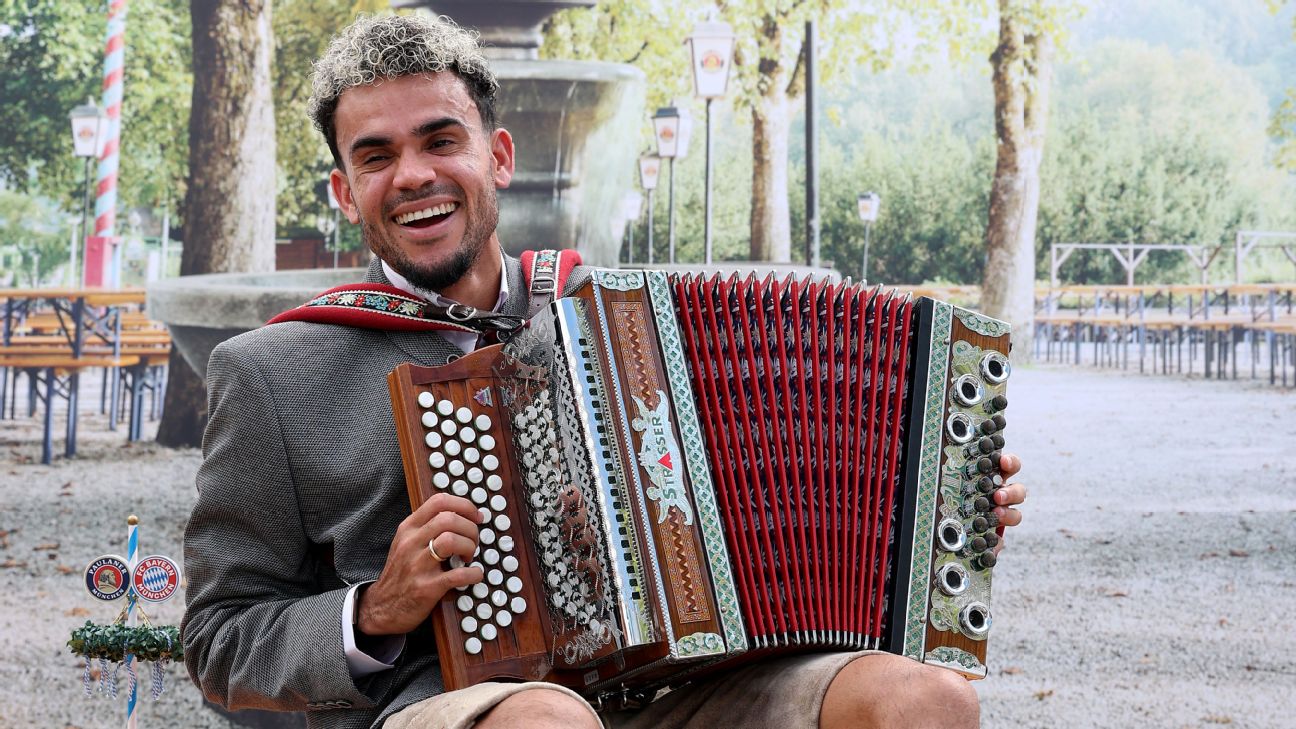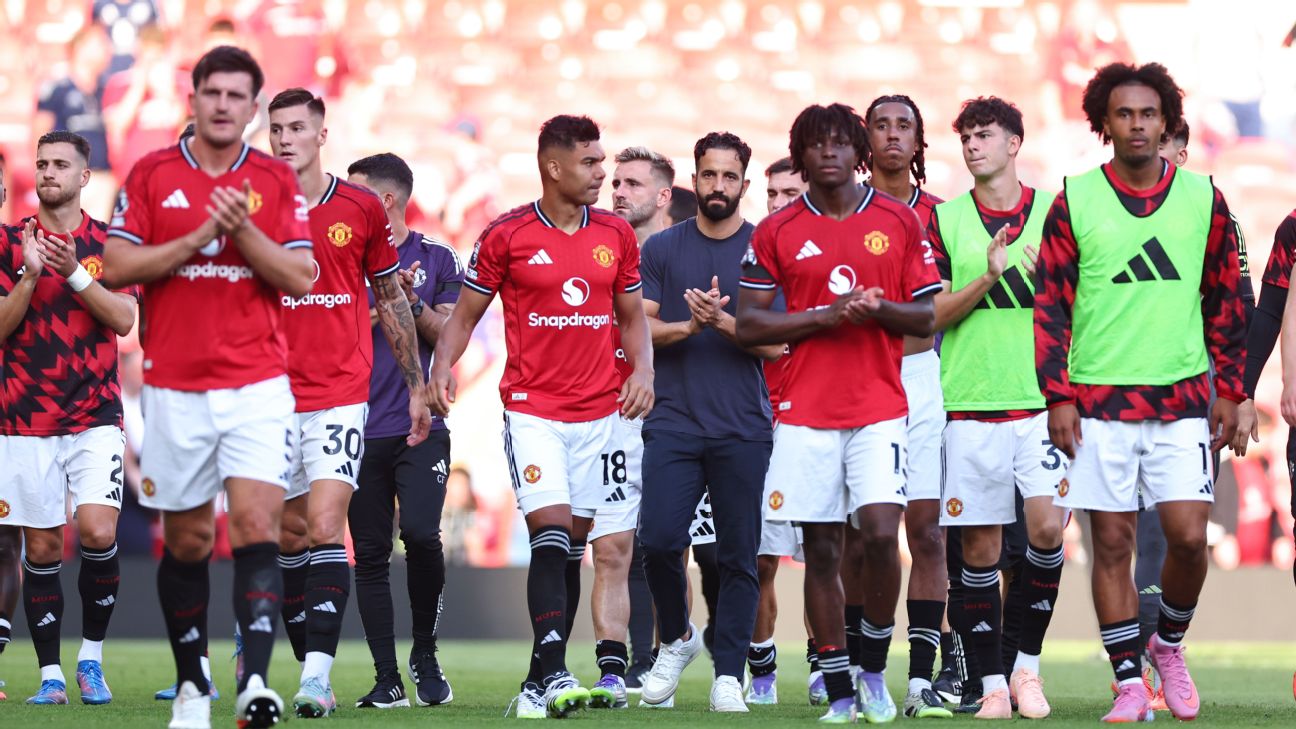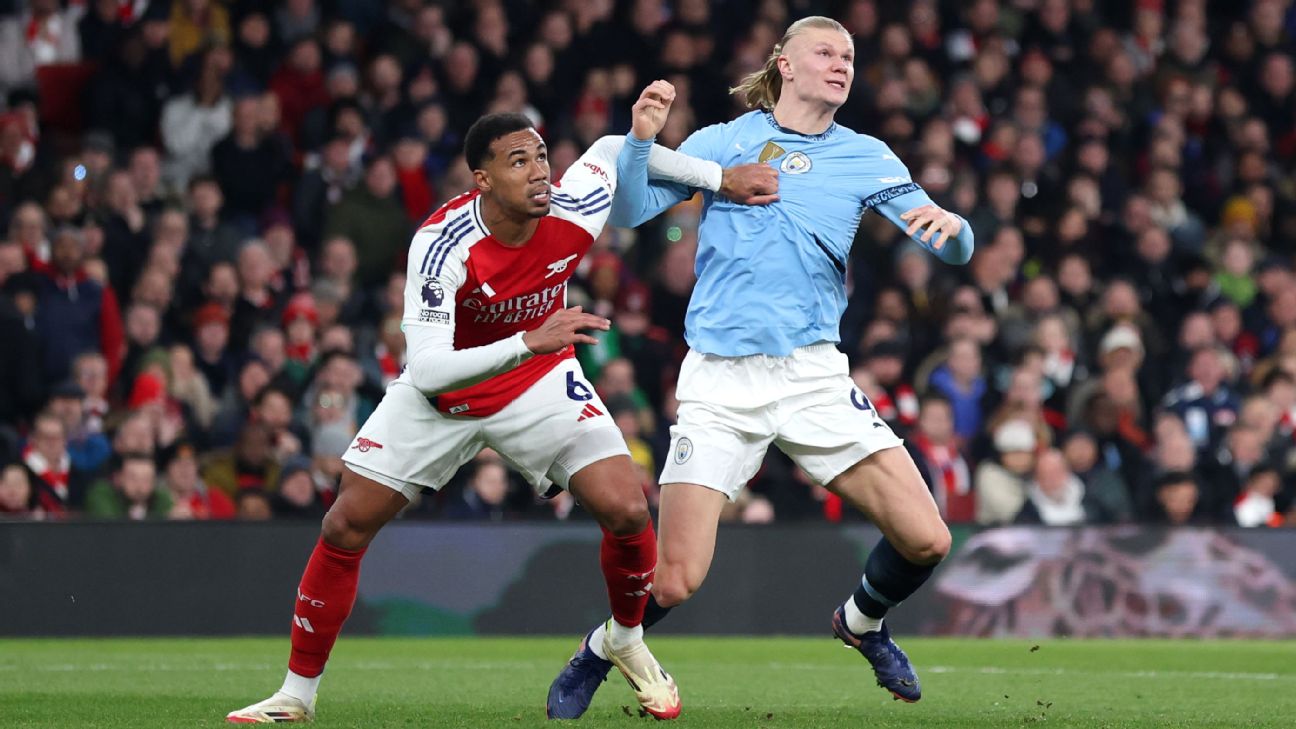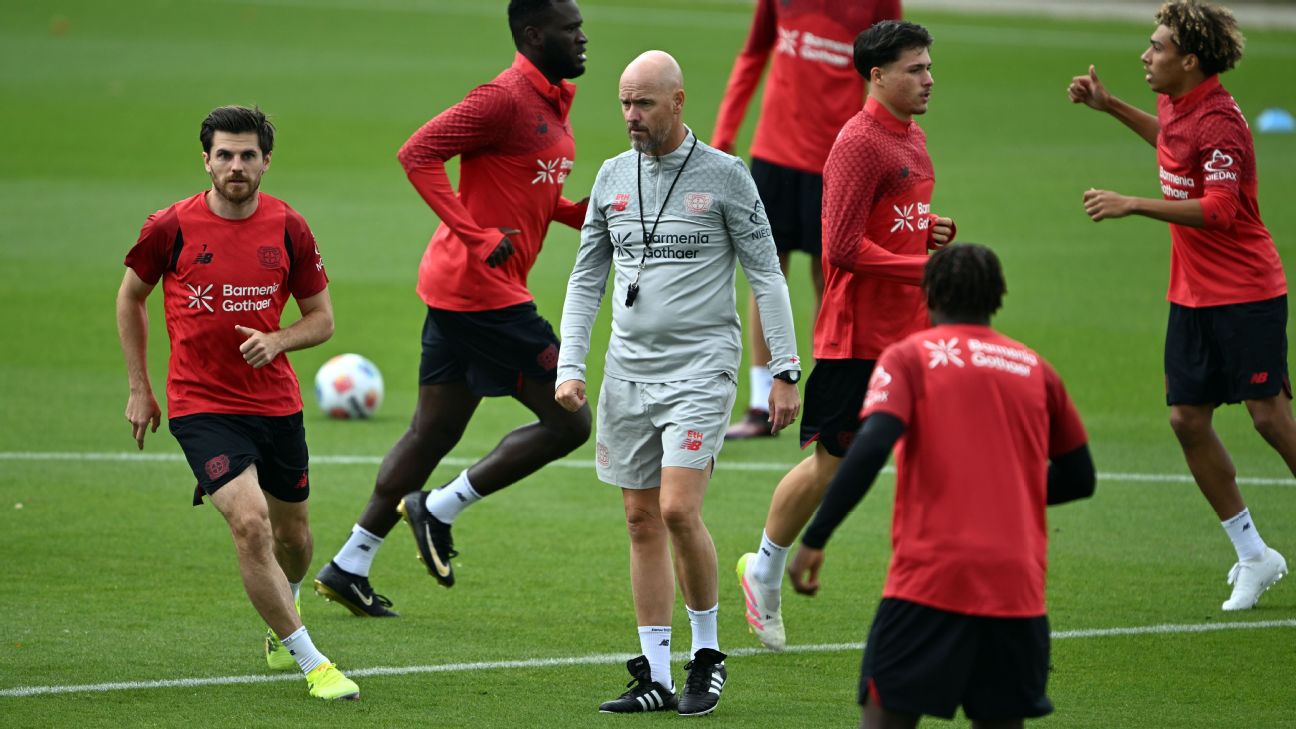Borussia Dortmund's Youth Development: A Blueprint for Success or a Short-Term Strategy?
Exploring Borussia Dortmund's renowned youth development model and its impact on the club's success and sustainability in modern football.
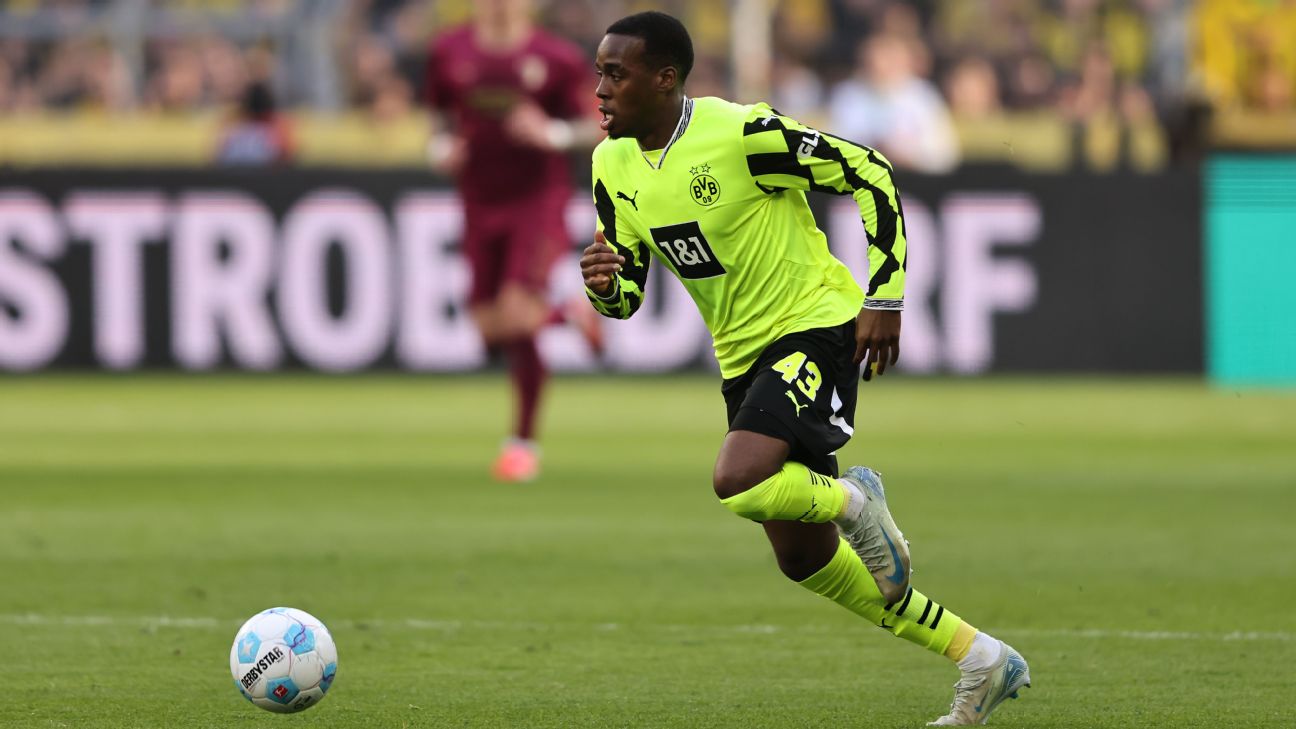
Introduction
Borussia Dortmund has long been celebrated for its ability to nurture young football talents. However, the club's recent lack of silverware raises questions about the sustainability of this model. This article delves into Dortmund's youth development strategy, its successes, and the challenges it faces in a competitive football landscape.
The Talent Factory
Dortmund's reputation as a talent factory is well-earned. The club has consistently signed some of the most promising young players in Europe. A recent example is Jobe Bellingham, the younger brother of Jude Bellingham, who joined Dortmund with high expectations.
"I'm very happy to be a Borussia Dortmund player now and to fight for titles together with this great club," Bellingham said last week. "I want to play my part in celebrating success with these great fans here and will work on myself and with the team every day."
Scouting and Development
Dortmund's scouting network and youth development programs are among the best in Europe. The club's ability to identify and develop young talents has set it apart from competitors. This strategy is crucial in a region shared with football giants like Bayer Leverkusen and Schalke.
Challenges and Criticisms
Despite its successes, Dortmund's model has faced criticism. The club has not won a Bundesliga title since 2012 and has only secured two German Cups in the past decade. The departure of key players like Jude Bellingham and Erling Haaland has also raised concerns about the club's ability to retain top talents.
Financial Implications
Developing players has become a significant revenue stream for Dortmund. The club has generated substantial income from player transfers, but this approach has not always translated into on-field success.
"Last year, we developed four players who then moved early to other clubs, Julian Rijkhoff to [Ajax], and Hendry Blank to RB Salzburg, Tom Rothe to Union Berlin, Paris Brunner to Monaco," said Lars Ricken, Dortmund managing director for sport. "And for these players, we generated around €20 million within a couple of months."
Future Prospects
Dortmund continues to invest in young talents, with players like Julien Duranville, Samuele Inácio, and Mathis Albert showing promise. The club's participation in the FIFA Club World Cup provides an excellent platform for these young stars to showcase their abilities.
Conclusion
Borussia Dortmund's youth development model has brought both acclaim and challenges. While the club has excelled in nurturing and selling young talents, its ability to achieve sustained success on the pitch remains in question. The future will reveal whether this model can evolve to meet the demands of modern football.






